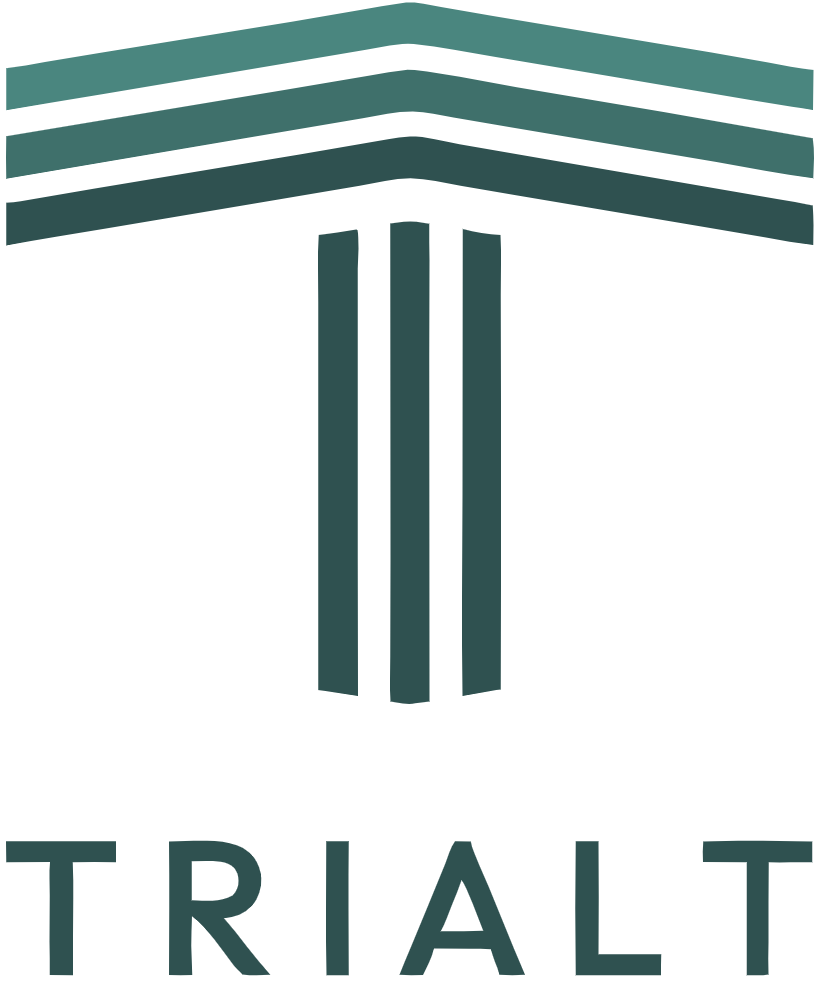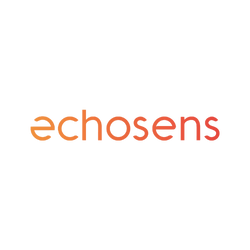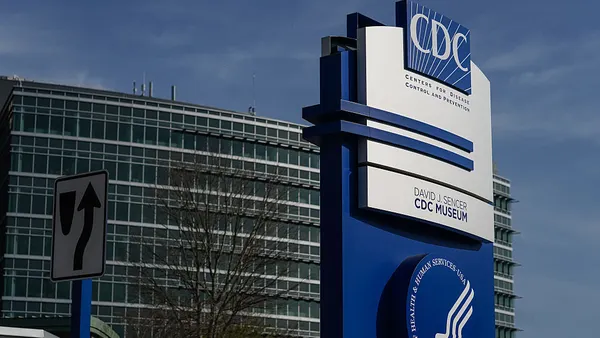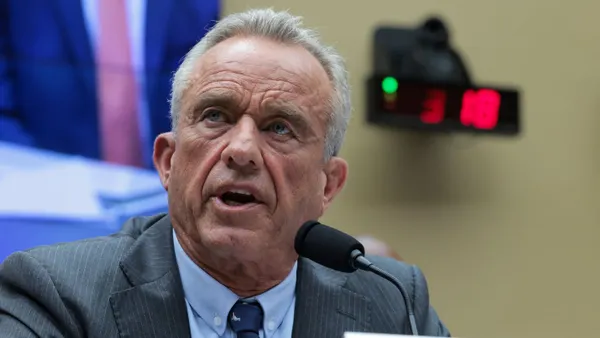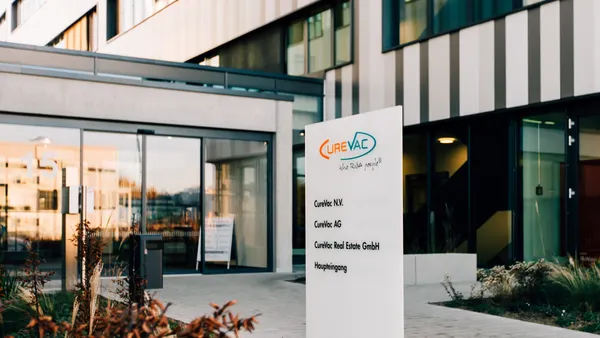Dive Brief:
- Sales of an Alnylam Pharmaceuticals rare disease medicine substantially outpaced Wall Street expectations in the drug’s first full quarter since U.S. regulators expanded its use, lifting the biotechnology company’s market value to new highs on Thursday.
- According to Alnylam, sales of the drug, called Amvuttra and sold for two types of transthyretin amyloidosis, or ATTR, reached $492 million between April and June, well above consensus estimates of about $350 million. About $150 million of that total was attributed to patients with the “cardiomyopathy” form of the disease that regulators cleared Amvuttra for in March. Some 1,400 people were on therapy at the end of the quarter, Alnylam said.
- Alnylam also hiked its 2025 financial projections by hundreds of millions of dollars, guiding between $2.18 billion and $2.28 billion in net revenue from Amvuttra and Onpattro, its other transthyretin amyloidosis drug, compared to the previous $1.6 billion to $1.73 billion range. Alnylam now expects $2.65 billion to $2.8 billion in total net revenues. Company shares climbed by more than 15%, taking Alnylam’s market value past $50 billion.
Dive Insight:
Alnylam has for years been among biotech’s most valuable companies. But it has never been consistently profitable, and is banking on Amvuttra to change that.
A March expansion into ATTR cardiomyopathy, a progressive condition that causes heart failure, hospitalizations and death, was a vital step. ATTR cardiomyopathy is believed to be more common than the “polyneuropathy” form Amvuttra was first cleared to treat in 2022. Sales of the leading cardiomyopathy treatment, Pfizer’s tafamidis, topped $5 billion last year.
Amvuttra, an injectable medicine, competes with Pfizer’s drug and BridgeBio Pharma’s Attruby, both of which are taken orally. Attruby reached market earlier and is also off to a faster-than-expected start.
Alnylam priced Amvuttra in cardiomyopathy at $476,000 per year, a significant premium to its rivals, despite the fact clinical results didn’t appear strong enough to indicate its drug is clearly superior.
Alnylam executives have said they expect Amvuttra to grow the market for ATTR cardiomyopathy medicines, as most patients still aren’t on treatment. They’ve also expressed confidence Amvuttra could become a standard option. The drug works differently than its competitors and, because it’s only injected four times a year, could have better adherence, they’ve said.
So far, its optimistic projections appear to be playing out. On a conference call Thursday, some analysts questioned whether the better-than-expected numbers were driven by a surge of initial prescriptions for sicker people whose disease had been progressing on other medicines. CEO Yvonne Greenstreet said the company is seeing “broad uptake” that includes newly diagnosed patients as well.
Chief Commercial Officer Tolga Tanguler added many commercial and Medicare insurers already have policies out and are clearing use in newly diagnosed patients, indicating they aren’t requiring people take Pfizer or BridgeBio’s drugs first. A month into the quarter, Alnylam began to see a “very healthy and accelerating trend in first-line use,” he said.
The results are “not just a flash in the pan,” Greenstreet added. “We expect continuous, sustainable growth,” she said.
Following the call, Stifel analyst Paul Matteis wrote in a research note the higher guidance still “looks beatable” and raised his projections for Amvuttra’s peak annual sales to $9 billion, up from about $7 billion previously.
Alnylam intends to gradually lower Amvuttra’s net price through rebates and pay-for-performance deals as patient uptake increases. On Thursday’s call, CFO Jeff Poulton said to expect a “mid-single digit reduction in net price” this year.










